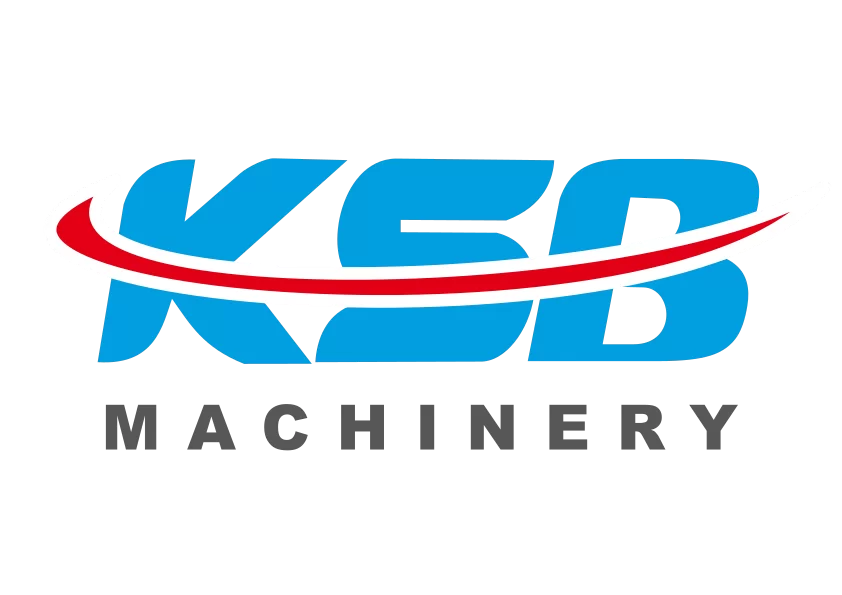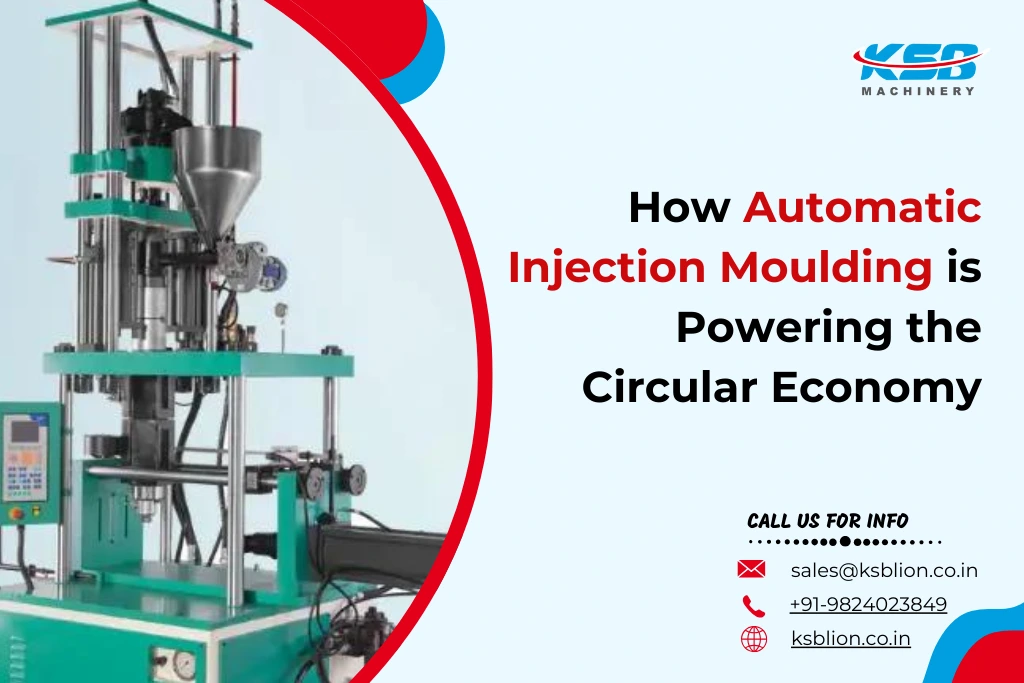In this Innovative and fast growing world, caring for the environment is not just a trend – it is a must. Because of this, manufacturing industries transformed themselves to stay in the Market. One main reason for this change is the rise of sustainable plastic injection moulding. It is helping make products in a better way and supports reusing materials to reduce waste.
Here we discuss how automatic plastic injection moulding machine manufacturers are enabling a greener future, and how businesses are aligning profitability with environmental responsibility.
What is the Circular Economy?
The circular economy is an economic model that focuses on minimizing waste and maximizing resource reuse. Unlike the traditional linear model (make, use, dispose), the circular economy encourages reuse, repair, recycling, and regeneration. In this system, plastic waste is not just discarded—it becomes a raw material for new products.
This is where injection moulding and the circular economy go hand in hand. By using recycled plastic in injection moulding, manufacturers can produce high-quality, cost-effective parts without consuming new resources unnecessarily.
How Automatic Injection Moulding is Changing the Game
Modern automatic plastic injection moulding machines are more than just high-speed production units—they are smart, efficient, and eco-conscious.
- Energy Efficiency: New-generation machines use servo-electric drives and smart sensors to reduce power consumption significantly. This aligns with green manufacturing goals and lowers operational costs.
- Waste Reduction: Precision in moulding means fewer defects and minimal material waste. Scraps can be recycled right on-site, reducing reliance on external recycling units.
- Closed-loop Production: Leading injection moulding machine manufacturers now design systems that support closed-loop material feeding and recycling—integrating grinders, dryers, and feeders for seamless reuse of plastic waste.
Recycled Plastic in Injection Moulding: A Real Possibility
The use of recycled plastic in injection moulding was once seen as a compromise on product quality. Today, with improved material processing and technology, that view has changed.
Types of Recycled Plastics Commonly Used:
- Post-consumer recycled (PCR) materials: Sourced from consumer products like bottles and containers.
- Post-industrial recycled (PIR) materials: Sourced from manufacturing scrap or by-products.
- Biodegradable plastics: An eco-friendly alternative, though still under development for mass applications.
Applications:
- Automotive parts
- Consumer electronics
- Packaging
- Furniture and homeware
Several plastic injection moulding machine manufacturers now offer machines optimized for recycled and mixed plastic materials, ensuring strength and consistency.
Role of Injection Moulding Machine Manufacturers in Sustainability
As the demand for green technology grows, injection moulding machine manufacturers are stepping up with innovative solutions.
Key Contributions:
- Developing machines compatible with a variety of recycled materials.
- Offering training and support for efficient waste management.
- Integrating IoT and automation for smarter, less wasteful operations.
- Building modular systems for easy upgrades and lower lifecycle costs.
Brands like Haitian, Engel, and Milacron are examples of automatic plastic injection moulding machine manufacturers actively driving sustainability in their machinery designs.
Benefits for Businesses
Shifting to sustainable plastic injection moulding is not just good for the planet—it’s good for business.
- Cost Savings: Using recycled plastic is often more economical than virgin plastic. Plus, energy-efficient machines reduce utility bills.
- Brand Image: Consumers today support eco-conscious brands. Sustainable practices improve your public image and can even influence purchasing decisions.
- Regulatory Compliance: Governments around the world are introducing stricter environmental regulations. Businesses that invest in sustainability early on will avoid penalties and gain incentives.
- Innovation Advantage: Being among the early adopters of green technology gives companies a technological edge and opens new market opportunities.
Challenges to Overcome
Despite its advantages, the road to full sustainability in injection moulding isn’t without hurdles:
- Material consistency: Recycled plastics may vary in quality.
- Processing limitations: Not all machines handle recycled material well.
- Cost of upgrades: Transitioning to new equipment can be expensive initially.
However, the rise of automatic plastic injection moulding machine manufacturers offering specialized equipment for recycled plastics is rapidly solving these problems.
Final Thoughts
The future of manufacturing lies in sustainable plastic injection moulding—and automatic injection moulding machines are paving the way. From reducing waste and energy use to enabling the widespread use of recycled plastics, these machines are powering a true “waste to wealth” revolution.
If you’re a manufacturer or business owner looking to reduce your carbon footprint while staying competitive, now is the time to explore advanced solutions from leading plastic injection moulding machine manufacturers. With the right technology and mindset, embracing the injection moulding and circular economy model isn’t just possible—it’s profitable.



